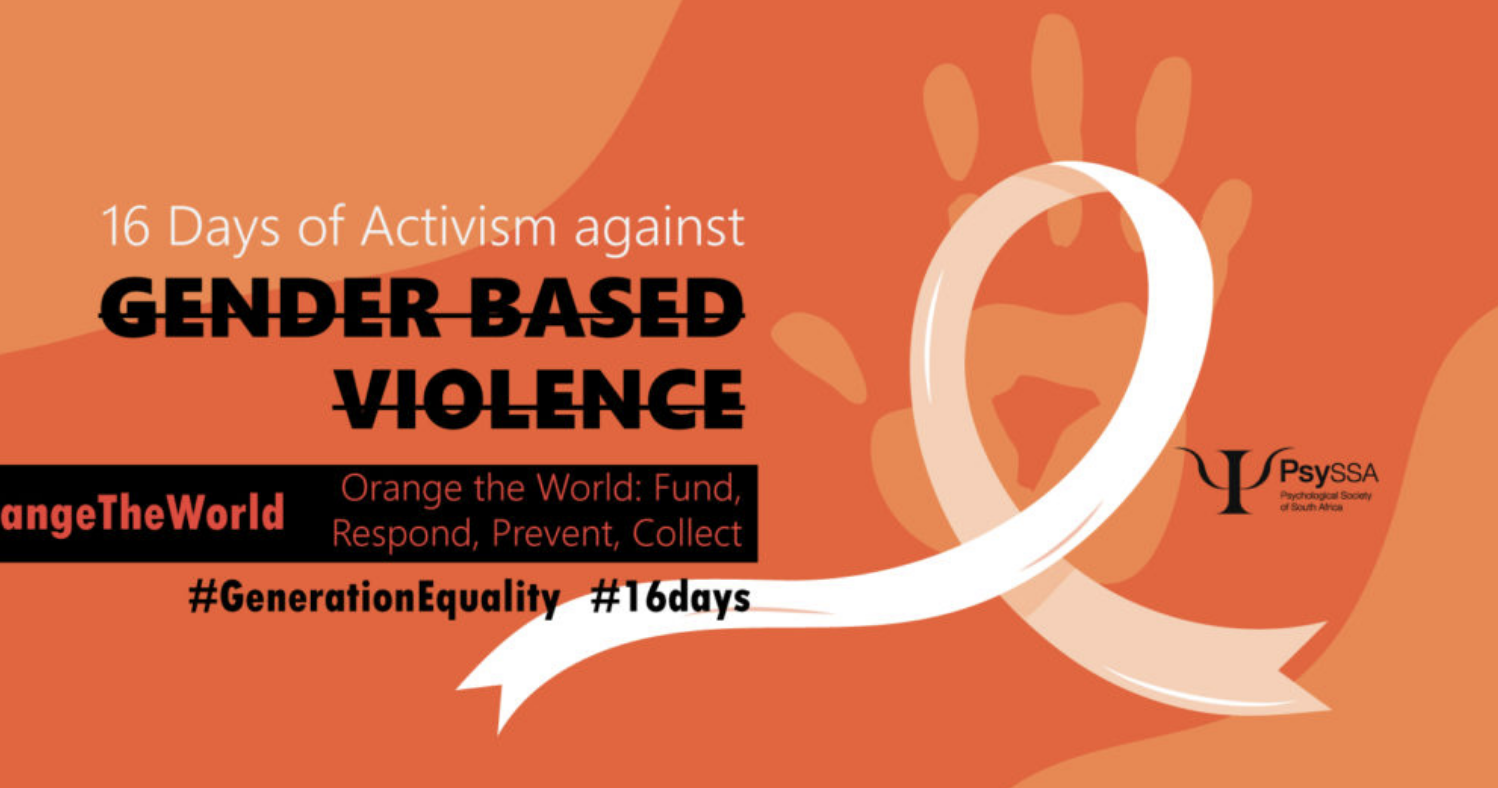As people pause to recognize the International Day for the Elimination of Violence against Women, and the start of 16 days of activism against gender-based violence, focused engagement will take place early in the new year in order to deliver a multi-year action plan to address gender-based violence by the end of 2022.
“Sexual assault and gender-based violence remain a serious concern in B.C. and have devastating and long-lasting effects on survivors, their families and communities,” said Mike Farnworth, Minister of Public Safety and Solicitor General. “We can’t build safer communities and a stronger B.C. for everyone without confronting such a pervasive problem. This action plan will serve as a roadmap to guide government’s approach to addressing gender-based violence in a way that is comprehensive and effective.”
B.C.’s multi-year, cross-sector, gender-based violence action plan will build on initiatives underway and support the development of cross-government actions to address gender-based violence.
The parliamentary secretary for gender equity and the minister of public safety and solicitor general share a mandate commitment to develop an action plan to end gender-based violence, including minimum standards for sexual assault response, more training for police, Crown counsel and justices, and establishing core funding for sexual assault centres.
“Gender-based violence happens in communities of every kind. It also happens at work, at school and in the home, and it remains far too prevalent,” said Grace Lore, Parliamentary Secretary for Gender Equity. “Survivors deserve care and support, and the generations to come deserve a world free from violence. For these reasons, we want to talk with people who are on the front lines because we need to know where there are still gaps and where it is best to focus our priorities.”
The engagement will provide an opportunity for government to talk with representatives from the anti-violence sector, Indigenous partners, 2SLGBTQ+, IBPOC, immigrants and newcomers, sex workers and disability advocates, among other subject-matter experts.
“To commemorate the 30th anniversary of the global 16 Days of Activism campaign and the International Day for the Elimination of Violence against Women, the BC Society of Transition Houses (BCSTH) wholeheartedly supports the Province’s development of a gender-based violence action plan that will increase awareness and create opportunities for discussion about challenges and solutions to end gender-based violence in B.C.,” said Amy S. FitzGerald, executive director, BC Society of Transition Houses. “COVID-19 has exacerbated all the risk factors for violence against women, including an increase in isolation, severity and prevalence of violence. Ending the pandemic of gender-based violence that pre-dated COVID-19 will require transformative legal and social changes, and co-ordinated core funded services and BCSTH and its membership welcome the opportunity to chart a new course through the Province’s action plan for a brighter future in all B.C. communities.”
The action plan will guide future work across government, while building on work underway to address gender-based violence.
Quick Facts:
- Between 2014 and 2019, there were 497 victims of intimate partner homicide in Canada. Eight in 10 victims were female.
- Young women and girls under 25 have the highest rates of police-reported sexual assault in Canada, accounting for over half of victims.
- Women in rural areas experience the highest overall rates of intimate partner violence in Canada.
- Indigenous women, Black women, women of colour, transgender women, women living with disabilities, and people with intersecting marginalized identities face a disproportionately higher risk of sexual assault.
- Indigenous women in Canada experience higher rates of domestic violence compared to non-Indigenous women and disproportionate rates of domestic homicide.
- According to a Trans PULSE Canada report, nearly one-quarter of racialized trans and non-binary survey respondents had experienced physical violence in the previous five years, and nearly half had experienced sexual harassment.
- Individuals who have experienced homelessness and childhood abuse also experience higher risk.


